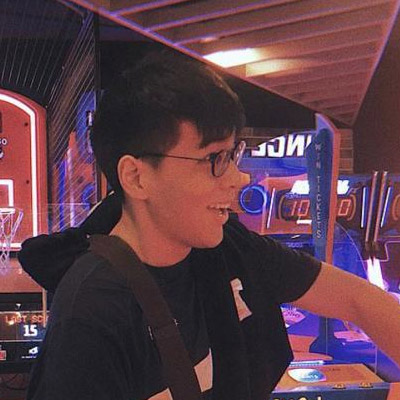Seems like, at every turn, there is a new celebrity getting into non-fungible tokens (NFTs). And without fail, each time that happens, there will be significant backlash from fans.
Troy Baker, voice actor of iconic video game characters such as Joel Miller in The Last of Us, Pagan Min in Far Cry 4, and Booker DeWitt in BioShock Infinite, recently tweeted out his support for an NFT project named Voiceverse.
Fans were quick to reply to the tweet to express their exasperation. His provocative “You can hate. Or you can create.” also seems to have rubbed some people the wrong way.
Following the backlash, Baker has spoken about his involvement in the NFT racket on the 90th episode of the podcast Play, Watch, Listen. He stated that for him to include the picture with his tweet was “the stupidest thing I could have done” because that led people to equate what he’s doing with other more typical generative art NFT projects. The road to hell is truly paved with good intentions, as Baker conceded that he’s unfamiliar with NFTs, but went on board with the project because he believes that it’s beneficial for content creation.
“The intention I had behind this was like, ‘hey, if some independent game maker wants to have me in their game and they can’t afford me and they can do that now, great. And, he can own the rights to this and own that in perpetuity? That’s the problem, right, artists not being supported for their art? That’s what I wanted to do, and was like, ‘this is great!'”
The Voiceverse NFT project, instead of attaching the technology to jpg files, attaches it to an AI-powered voice based on a person. The owner of the NFT can then use the voice for in-game chats, zoom calls, and content creation. However, it is unclear how much access the owner gets to said voice. It is also unclear how the NFT technology is at all necessary when this could’ve been a traditional software, beyond giving the owner public proof of ownership over an AI-powered voice.
Baker also tried to ameliorate the tone of his original tweet in a subsequent Twitter thread, but remains ambiguous about whether or not he will be pulling out of the Voiceverse NFT project.
Despite all the buzz surrounding the topic, NFTs are messy and confusing to understand. For the uninitiated, we have a lowdown of the whole NFT situation to catch you up to speed.













